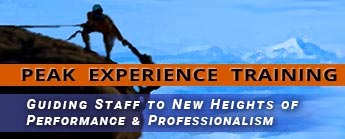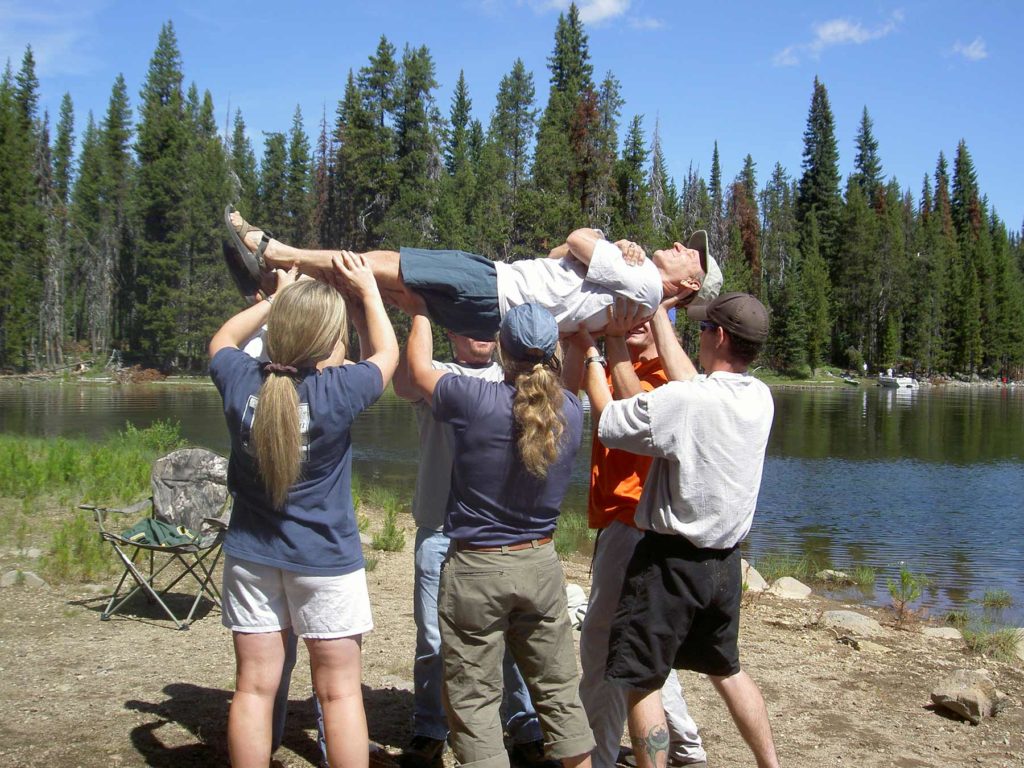We are excited to launch a new training designed specifically for therapists working in the wilderness treatment field. As those experienced in wilderness therapy well know, providing field staff with the skills they need to be more effective is only part of the solution.
Teaching therapists how to best utilize elements of the wilderness to meet individual treatment goals, along with having a more in-depth understanding of the process are crucial components as well. Read on to learn more about how we can help the therapists on your team to be more impactful- with students, staff, and parents, as well as referral sources.
Wilderness As Co-Therapist: Therapeutic Collaboration with the Natural World
Are the full benefits of wilderness being maximized as a therapeutic tool in your program?
Wilderness therapy provides a unique opportunity to draw on the inherent healing elements of the natural world to support individual treatment goals. When therapists are trained to effectively access the range of creative elements available, the wilderness becomes much more than an outdoor office; skilled collaboration with the wilderness creates unparalleled opportunities for therapeutic growth.
How would your therapists benefit from the Wilderness as Co-Therapist Training?
- Using experiential methods and philosophies to optimize therapeutic outcomes; using the wilderness as a co-therapist.
- Gaining a better understanding of the overall wilderness experience, with a particular emphasis on linking the components of the wilderness directly into individual treatment goals for particular clinical issues.
- Enhancing understanding of traditional clinical theory and method that are embedded in the process; helping therapists to speak of wilderness therapy using recognizable clinical models and paradigms.
- Drawing on the inherent healing properties of the natural world to work with clinical issues.
- Learning to actively and effectively work with trauma-related symptoms in the wilderness setting.
- Developing a repertoire of wilderness therapy interventions and tools including: primitive skills, ritual and ceremony, mindfullness exercises, initiatives and other experiential activities.
Wilderness as Co-Therapist Testimonials
EYE OPENING
This program was a huge eye opening experience for a lot of reasons. I forget the powerfulness of simply being in the outdoors and the magic it has. As a therapist I only used the traditional therapy models and did not use what is all around me and my students. I learned more about myself as a person and as a therapist. I think the biggest benefit was the empathy that I gained for my students. The staff and the other therapists attending the WTC were awesome… As I returned, I have used many of the skills that I learned to help my students better understand necessary coping skills to be successful in life. I am so glad that I attended the WTC and hope for a part II!

